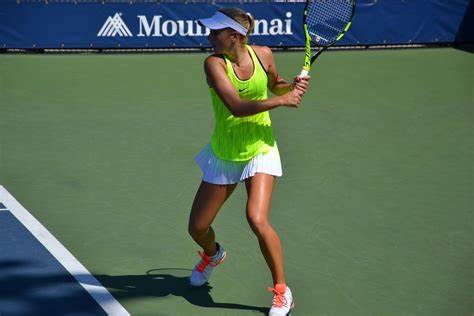Image courtesy: X
Jannik Sinner, the 23-year-old Italian tennis sensation, faces a pivotal juncture in his career as he confronts potential sanctions stemming from a doping controversy. In March 2024, Sinner tested positive for clostebol, an anabolic steroid, following the use of a massage spray administered by his physiotherapist. An independent tribunal accepted Sinner’s explanation of unintentional ingestion and cleared him of fault. However, the World Anti-Doping Agency (WADA) has appealed this decision, seeking a suspension of up to two years.
Implications for the 2025 Season
The Court of Arbitration for Sport (CAS) is expected to render a verdict on WADA’s appeal in early 2025. This timeline allows Sinner to defend his Australian Open title in January. However, a potential suspension could jeopardize his participation in subsequent Grand Slam events, including the French Open, Wimbledon, and the US Open. Even a three-month ban could disrupt his season, leading to significant losses in ranking points and momentum.
Sinner’s Perspective
Sinner has acknowledged the mental burden of the ongoing proceedings but remains focused on his game. He stated, “Of course, it’s in the head a little bit. But for me, the most important part is that all the people who are around me and know me as a human being trust me.” He added, “Sometimes life gives you difficulties, and you just have to stand for it.”
WADA’s Position
WADA’s appeal emphasizes the principle of strict liability, holding athletes accountable for any substances found in their bodies, regardless of intent. The detected levels of clostebol in Sinner’s system were minimal and unlikely to enhance performance. Nonetheless, WADA contends that the “no fault or negligence” ruling was incorrect under anti-doping regulations.
Broader Context
This case mirrors a similar situation involving world No. 2 Iga Swiatek, who tested positive for a banned substance due to melatonin contamination. Swiatek received a less severe response, highlighting the complexities in handling such cases. WADA Director Olivier Niggli noted, “There are no more [doping cheats] than before, but laboratories are more efficient in detecting infinitesimal quantities of substances.”
Looking Ahead
As the 2025 season approaches, the outcome of WADA’s appeal will significantly impact Sinner’s career trajectory. The tennis community awaits the CAS decision, which will not only determine Sinner’s immediate future but also set a precedent for handling similar cases in the sport.



